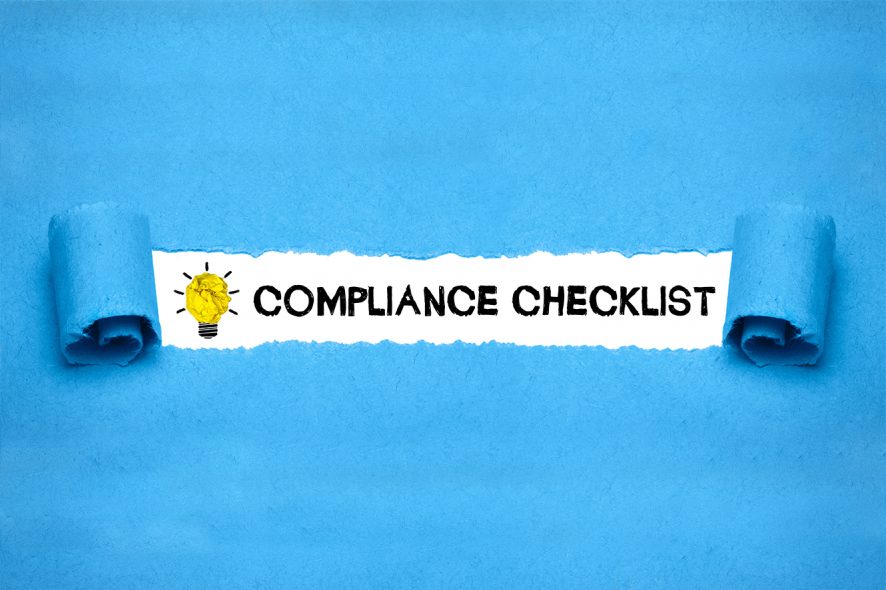1.Introduction
There are several ways in which a company can raise long-term capital, e.g. issue of equity shares, preference shares, debentures or accept money by way of deposits. Generally, such capital is utilised for expansion purpose e.g. purchase of non-current assets, such as property, plant and equipment, tangible assets, intangible assets, etc. Sometimes, the companies are in need of short –term and immediate funding requirements. In closely held companies (generally “private companies”), the directors and/or shareholders provide such short-term finance. Under the Companies Act, 2013 (“Act”), there are some important provisions for raising such short-term finance.
This article is an analysis of various provisions of the Act and relevant Rules and provides for compliance checklist for acceptance of unsecured loans from directors and shareholders by private companies.
2. Acceptance of Deposits by Private Company from Members
In case of a private company, the provisions and restrictions w.r.t. issuance of circular to its members, filing copy of the circular with the Registrar of Companies, etc. are not applicable in following cases:
(i) Such private company which accepts from its members monies not exceeding 100% of aggregate of paid-up share capital, free reserves and securities premium account. In this case, there is a restriction on the amount for acceptance of deposits by a private company from its members. Following are the compliances:
(a) The details are noted by the Board of Directors in its meeting i.e. the details shall be part of agenda for the meeting and the necessary reference shall be given in the minutes of the meeting;
(b) such private company shall file the details of such monies accepted to the Registrar of Companies in a prescribed manner; and
(c)?the company shall monitor the monetary limit on a regular basis.
(ii) Start-up company [registered with DIPP (Department of Industrial Policy and Promotion)], for 5 years from the date of its incorporation. In this case, there is no restriction on acceptance of deposits by start-up company. From the perspective of compliances, the same shall be noted by the Board of Directors in its meeting i.e. the same shall be part of agenda for the meeting and the necessary reference shall be given in the minutes of the meeting; and
(iii) A private company which satisfies the following conditions:
(a) Such company is not an associate company or subsidiary company of any other company;
(b) if the borrowings of such private company from banks or financial institutions or any body corporate is less than twice of its paid-up share capital or Rs 50 crore, whichever is lower; and
(c) such private company has not defaulted in the repayment of such borrowings subsisting at the time of accepting deposits. In this case, there is no restriction on the amount for acceptance of deposits by a private company from its members. However, such private company shall comply with all 3 conditions (as mentioned in this point). From the perspective of compliance, the fact is noted by the Board of Directors in its meeting i.e. the same shall be part of agenda for meeting and necessary reference shall be given in the minutes of the meeting.
3.Acceptance of Deposits by Private Company from Directors or Relative of Directors
A private company can accept money as deposit or loan from a person who, at the time of the receipt of the amount, was a director of such private company or a relative of the director of private company. However, in such cases, the following conditions shall be satisfied:
(a) The said person furnishes to the company, at the time of giving the money, a declaration in writing to the effect that the amount is not being given out of funds acquired by him by borrowing or accepting loans or deposits from others; and
(b) the company shall disclose the details of money so accepted in the Board’s Report.
Every private company shall disclose in its financial statement, by way of notes, about the money received from the directors, or relatives of directors. Such amount falls under the category of “exempted deposits” i.e. under Rule 2(1)(c) of Companies (Acceptance of Deposits) Rules, 2014. In such case, the company shall file a return in e-Form DPT-3 (along with prescribed fees) on or before the 30th day of June, of every year with the Registrar of Companies and furnish the information contained therein as on 31st day of March of that financial year.
4.Acceptance of Deposit/Loans by Private Company from Director Who is Also A Shareholder:
In closely held private companies, usually, the directors and shareholders are same. Considering the compliances and monetary limits, it is desirable that the person discloses the capacity in which the money is given to such companies (i.e. whether the amount is given in the capacity of shareholder or director). Based on this, the company shall ensure compliances, as explained above.
The compliances w.r.t. the acceptance of unsecured loans from directors and shareholders of private company is very critical as the person or company has requisite compliances and disclosures. The unsecured loans accepted by a private company from directors and shareholders are considered to be “exempted deposits” under the Companies (Acceptance of Deposits) Rules, 2014. Recently the Ministry of Corporate Affairs has introduced reporting of such “exempted deposits”. The companies/compliance officers of companies shall ensure compliance of the provisions of the said Rules.
*Gaurav N Pingle, Practising Company Secretary, Pune. He can be reached at gp@csgauravpingle.com.







In which form and in which specific column of that form, company has to file with ROC, details of monies accepted from shareholder as per MCA Notification F.No.1/1/2014-CL.V dated 05.06.2015.